7 GPTs for Healthcare Technology Powered by AI for Free of 2025
AI GPTs for Healthcare Technology refer to advanced artificial intelligence tools based on Generative Pre-trained Transformers that are specifically developed or customized for applications in the healthcare sector. These tools leverage natural language processing and machine learning to interpret, predict, and generate responses based on vast amounts of medical data. They are designed to support healthcare professionals by providing accurate, efficient, and tailored solutions for diagnostics, patient care, research, and administrative tasks, thereby enhancing the quality and accessibility of healthcare services.
Top 7 GPTs for Healthcare Technology are: Eng. Biomédica,Grant Architect,Nurse GPT,VELLAME Troubleshoot Pro,So You Want to Be a: Advanced Practice Provider,Hale Healthcare IT Labs Compliance Navigator,Healthcare Insight
Eng. Biomédica
Empowering Biomedical Excellence with AI

Grant Architect
Streamlining Scientific Grant Proposals with AI
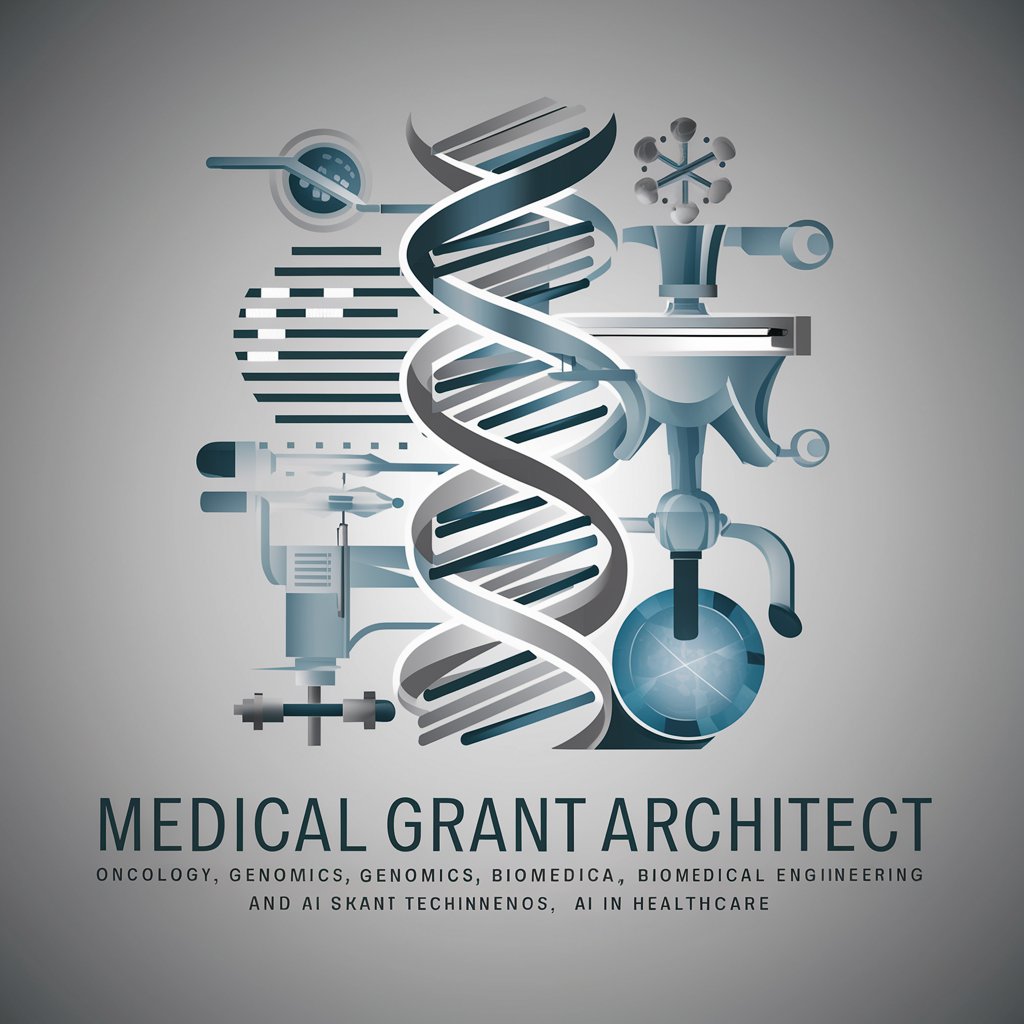
Nurse GPT
Empowering Nurses with AI
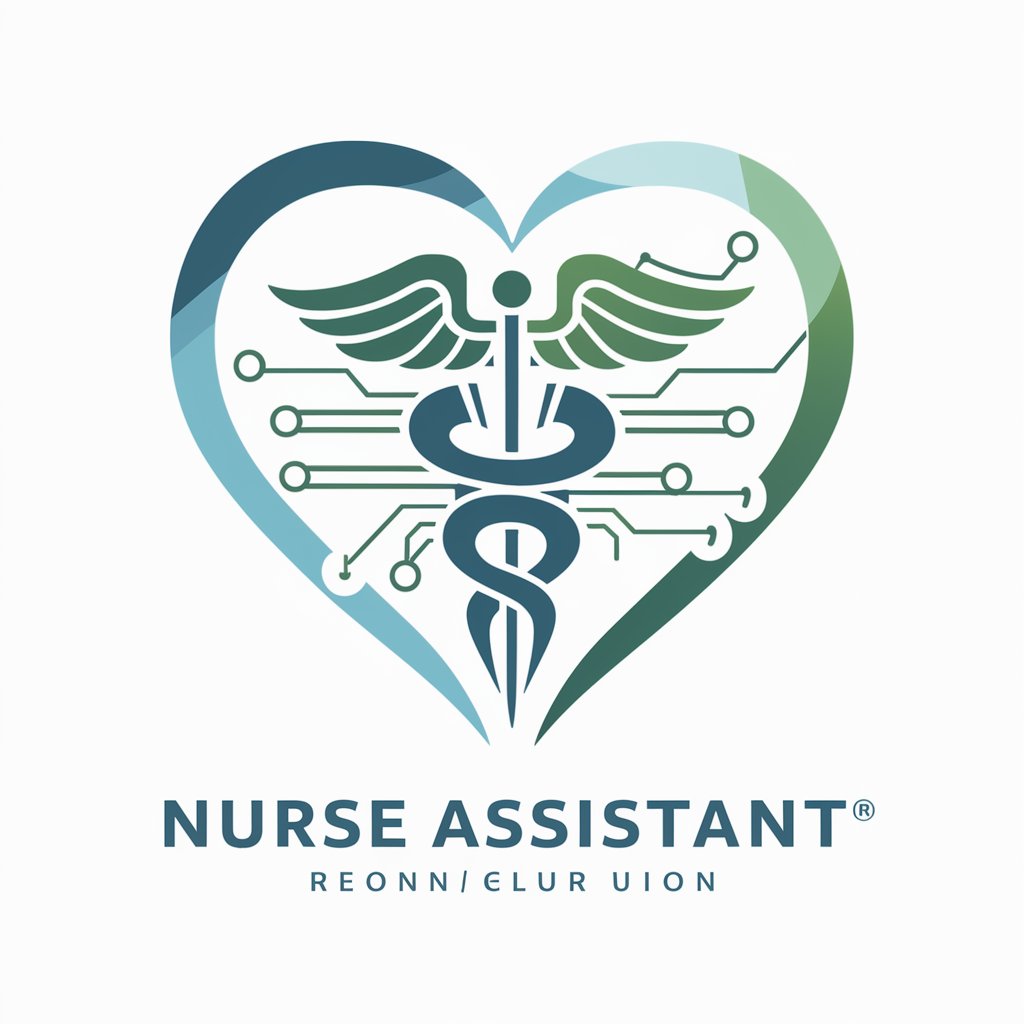
VELLAME Troubleshoot Pro
AI-powered Imaging Equipment Diagnostics
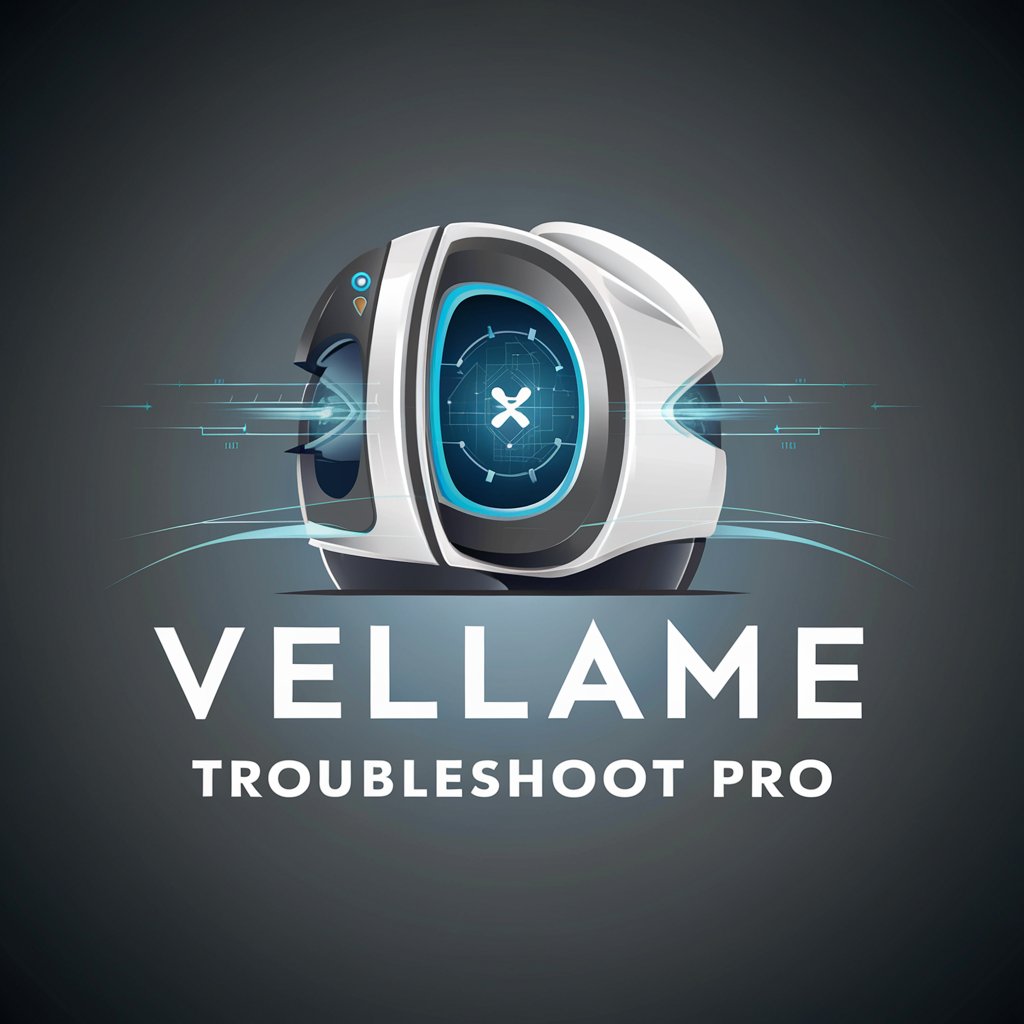
So You Want to Be a: Advanced Practice Provider
Empowering healthcare with AI-driven simulations.
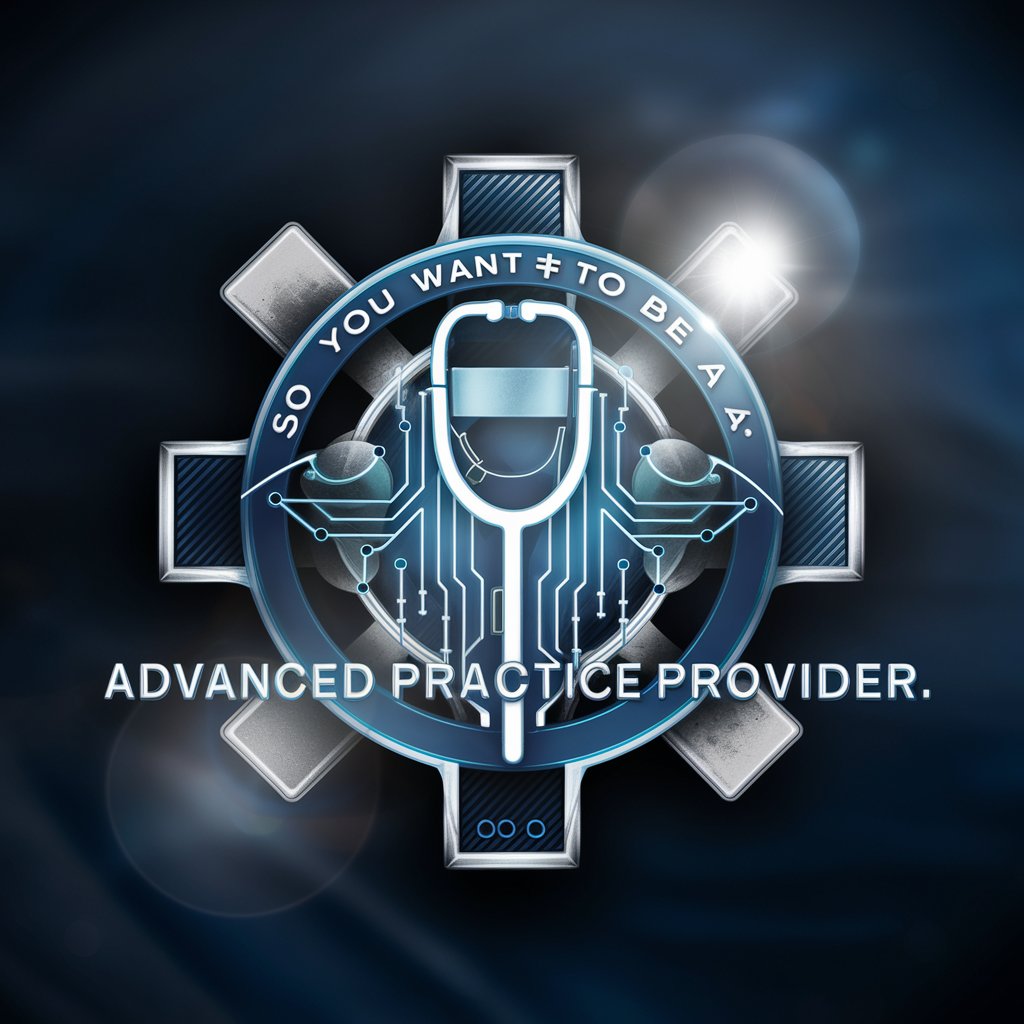
Hale Healthcare IT Labs Compliance Navigator
Navigating Healthcare Compliance with AI
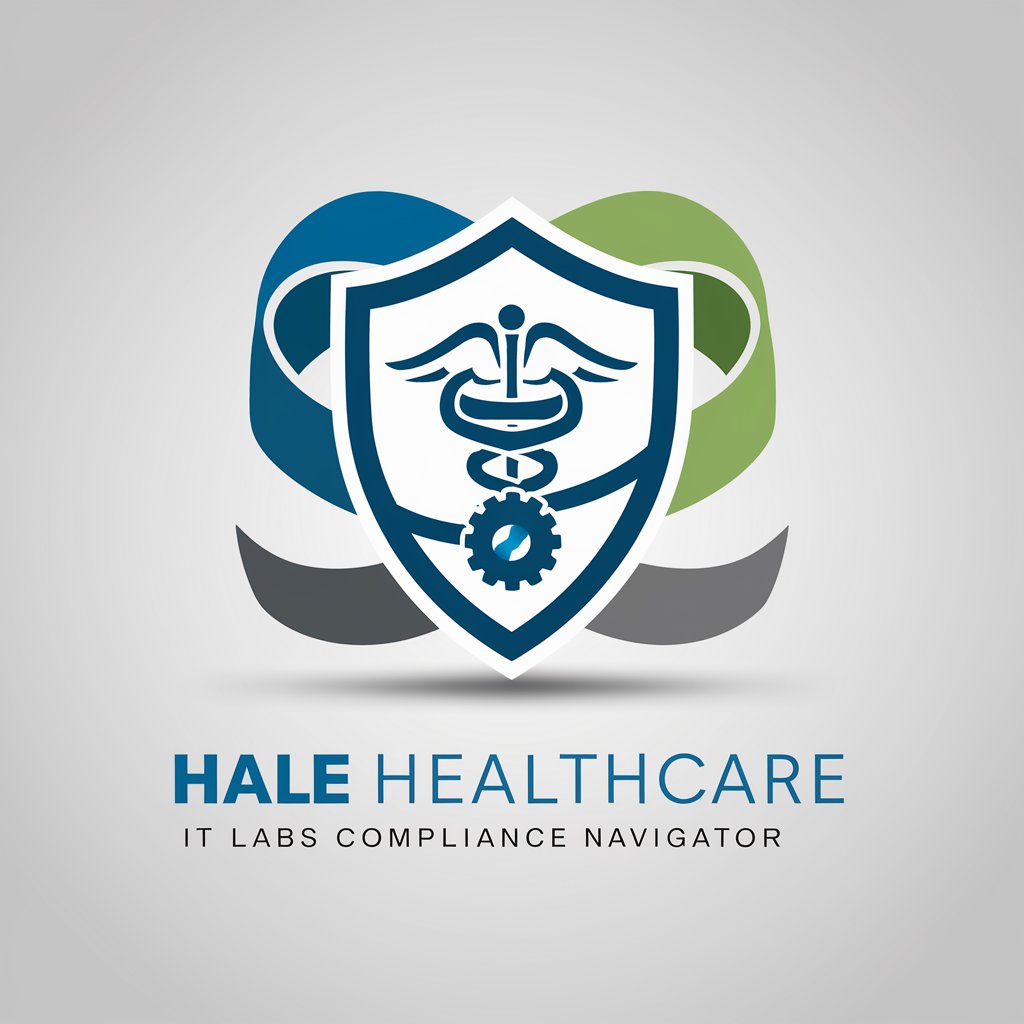
Healthcare Insight
Empowering healthcare decisions with AI.
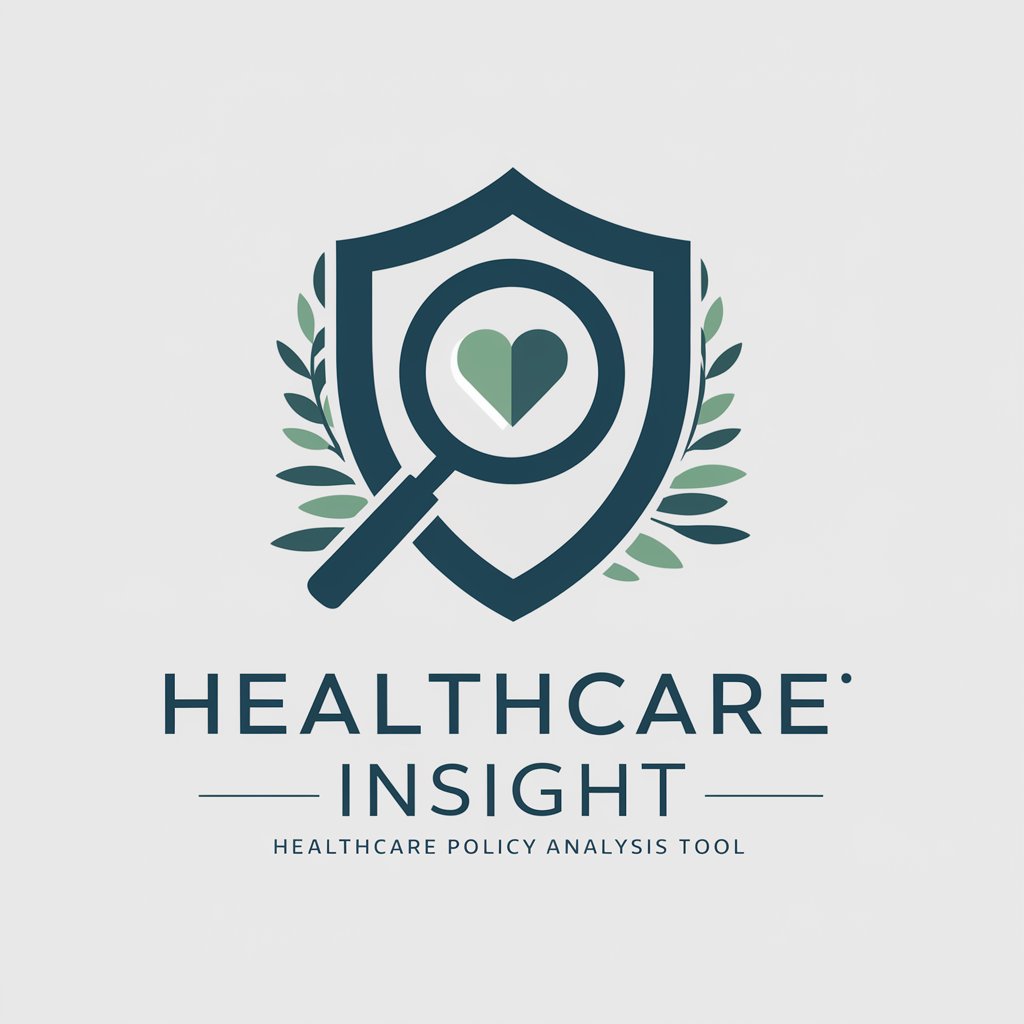
Distinctive Attributes and Functions
AI GPTs in Healthcare Technology stand out for their adaptability, ranging from straightforward patient interaction to complex diagnostic analysis. Key features include natural language understanding for patient communication, predictive modeling for patient care, and deep learning algorithms for research and diagnostics. Special capabilities like technical support, sophisticated web searching, image generation for educational purposes, and data analysis tools further distinguish these AI GPTs, making them invaluable assets in the healthcare technology domain.
Who Benefits from Healthcare AI GPTs?
The primary users of AI GPTs in Healthcare Technology include healthcare professionals, researchers, and healthcare IT developers. These tools are also accessible to novices in the healthcare field, offering user-friendly interfaces that do not require coding skills for basic operations. Meanwhile, they provide advanced customization options and programmability for tech-savvy users and developers, ensuring wide accessibility and adaptability across various levels of technical expertise.
Try Our other AI GPTs tools for Free
Cooking Recipes
Explore the future of cooking with AI GPTs for Recipes. Discover personalized recipe generation, meal planning, and culinary innovation at your fingertips.
Drawing Generation
Explore the revolutionary world of AI GPTs for Drawing Generation, where your textual descriptions come to life as stunning digital artworks. Embrace the future of creativity today.
Fashion Consultation
Discover how AI GPTs revolutionize fashion consultation with personalized advice, trend forecasting, and innovative design tools.
Tesla Insights
Discover the power of AI GPTs for Tesla Insights, tailor-made tools for analyzing Tesla's market, technology, and innovation. Perfect for analysts, investors, and enthusiasts seeking in-depth knowledge and forecasts.
EV Technology
Discover how AI GPTs for EV Technology revolutionize the electric vehicle sector with tailored insights, design support, and market analysis tools.
Tech Discussions
Discover how AI GPTs revolutionize Tech Discussions, offering tailored, intelligent solutions for enthusiasts and professionals alike, simplifying complex concepts and fostering innovation.
Further Exploration into AI GPTs for Healthcare
AI GPTs in Healthcare Technology are revolutionizing the field by offering customizable, scalable solutions for various healthcare needs. Their user-friendly interfaces facilitate easy adoption, while integration capabilities allow for seamless incorporation into existing healthcare systems, making advanced AI tools more accessible and effective in improving patient outcomes and operational efficiency.
Frequently Asked Questions
What are AI GPTs for Healthcare Technology?
AI GPTs for Healthcare Technology are specialized AI tools designed for the healthcare sector, utilizing advanced algorithms to provide tailored solutions for patient care, diagnostics, and research.
How do AI GPTs benefit the healthcare industry?
They enhance efficiency, accuracy, and personalization in patient care, diagnostics, research, and administrative tasks, thereby improving overall healthcare delivery.
Can non-technical healthcare professionals use these tools?
Yes, these tools are designed with user-friendly interfaces, making them accessible to professionals without coding skills.
Are there customization options for developers?
Yes, developers can access advanced customization and programming options, allowing for integration and tailored applications within healthcare systems.
What makes AI GPTs in Healthcare unique?
Their adaptability, natural language processing capabilities, and specialized features for healthcare applications distinguish them from general AI tools.
How do these tools handle patient data privacy?
AI GPTs are developed with strict data privacy and security protocols to protect sensitive patient information, adhering to healthcare compliance standards.
Can AI GPTs diagnose patients?
While they can assist in diagnostics by analyzing data and suggesting possible conditions, final diagnoses should always be confirmed by a healthcare professional.
How can healthcare institutions integrate AI GPTs into their systems?
These tools offer flexible integration options, allowing healthcare institutions to incorporate them into existing workflows and systems for enhanced functionality.